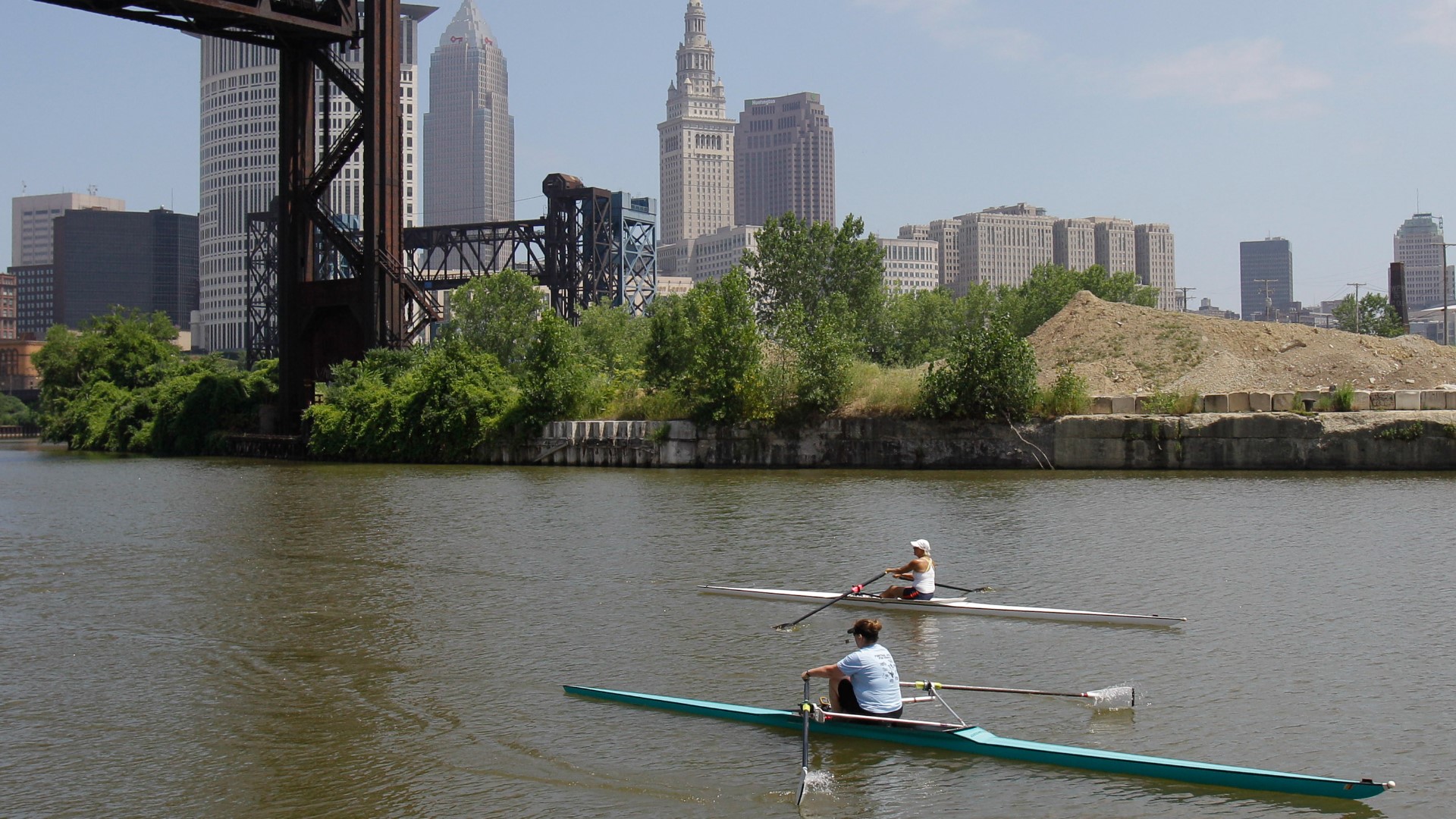CALIFORNIA, USA — Tuesday marks the 50th anniversary of the Clean Water Act, one of the United State's groundbreaking environmental laws.
California was a pioneer in making it happen, and experts say it has made waterways healthier but also has room for improvement.
"We're able to go out and enjoy our wonderful state, and this act was essential to making sure that that occurs," said Nichole Morgan, member of the State Water Resources Control Board.
Before the passage of the Clean Water Act in 1972, America's waterways were heavily polluted.
"San Francisco Bay was used literally as a garbage dump," Richard Frank, professor of environmental practice at UC Davis,
People started a political movement prompted by several environmental disasters such as an offshore oil spill in Santa Barbara.
"The goal really is so that we can have rivers that are swimmable and fishable; we can do that now," Morgan said.
The Clean Water Act helped accomplish this by mandating pollution control technology at factories and power plants. The act also pumped a lot of federal money to state and local governments to upgrade sewage and sanitation plants.
"The Clean Water Act is the most successful - has proven to be over the past 50 years - the most successful federal environmental law currently on the books," Frank said.
But a lot has changed in 50 years, including issues that people are dealing with now like climate change and plastic pollution. These issues are not reflected in the Clean Water Act.
Experts say more can also be done to make sure underserved and minority communities get clean and safe water.
WATCH ALSO:



















